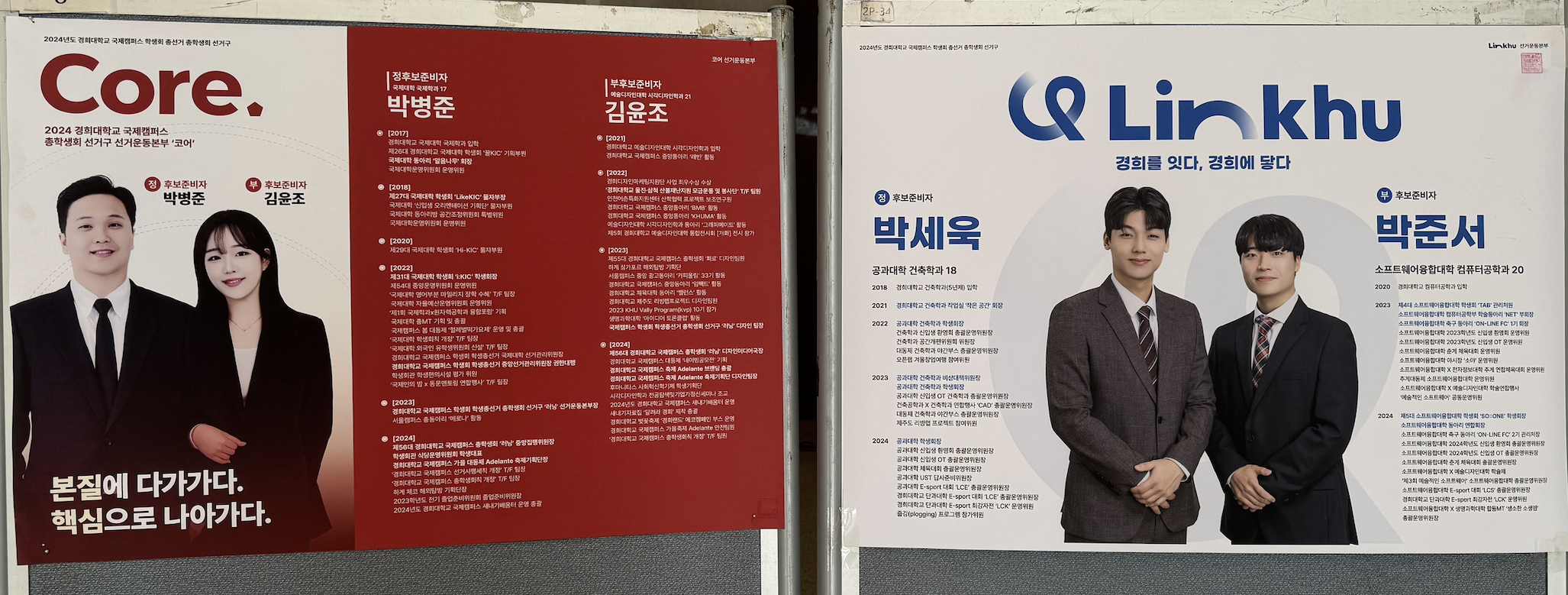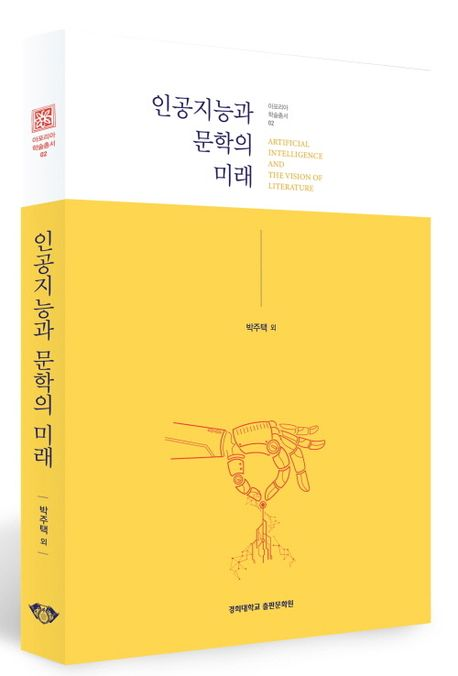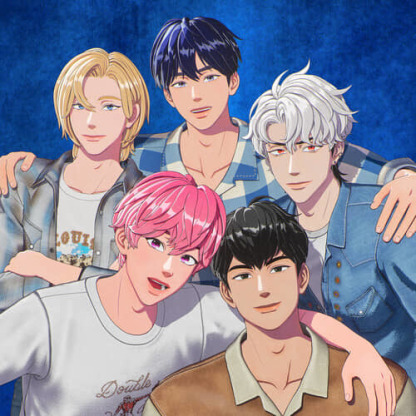[Campus] It Is Never Excessive: Simple But Essential Eco-Friendly Practices
It Is Never Excessive: Simple But Essential Eco-Friendly Practices
Cho, Su-yeon
Cub-Reporter
whtndus1018@khu.ac.kr
The book It is Never Excessive was published by Drebooks in June 2024, authored by Gong Woo-seok, a former professor in the Department of Geography at Kyung Hee University (KHU), along with Jeon So-jin and Kim Woo-jae, who were students in the Department of Geography. This book focuses on activities aimed at saving the environment. It is part of the "Save the Earth Project," which showcases easily implementable examples of eco-friendly practices.
Author Background and Publication Context
Prof. Gong, the main author, served as a professor in the Department of Geography at KHU for 33 years until 2023 and is currently the head of the Climate Change Ecology Research Institute (CCEI). He is also a plant geographer who explores plant’s geographic distribution and diversity and in ecosystems. Through his courses, Ecosystems in Crisis and the Future and Environmental Geography, students engaged in eco-friendly projects aimed at environmental protection. The results of these projects, which included practical actions documented by students, are featured in the book. The savings from these eco-friendly practices were donated to non-governmental organizations and non-profit organizations dedicated to climate change issues. The book presents 27 cases of practical activities carried out with the students. Co-authors Jeon So-jin and Kim Woo-jae were also former geography students who participated in these projects.
Book Overview
The book is organized into three chapters, each presenting practical examples from eco-friendly projects. This is to encourage more people to participate in sustainable environmental practices.
The first chapter, “The First Step to Change the World,” introduces various eco-friendly practices. It demonstrates how alternative lifestyles, such as trying a lunch without takeout or adopting a vegan diet, can be integrated into daily life.
The second chapter, “A Sustainable Tomorrow Starts Today,” presents eco-friendly activities that can be practiced daily. It addresses often-overlooked environmental issues, such as eco-printing, waste emissions, and carbon dioxide produced by web surfing. The third chapter, “We Are the Heroes Saving the Earth,” shares accurate environmental knowledge and offers guidance on adopting eco-friendly habits, such as slow fashion, eco uniforms, and plogging.
Eco-Friendly Practice Projects to Try
All 27 methods mentioned in the book are simple and sustainable practices that college students can try without difficulty in their daily lives. Among them, two easy-to-implement yet often-overlooked practices are especially relevant for KHU students:
Deleting Unused Emails: Excessive digital device usage contributes to environmental harm due to the energy required to store data in data centers, which emit large amounts of greenhouse gases. The South Korean Ministry of Environment launched the “Digital Carbon Diet Challenge” in December 2021, encouraging the deletion of unread emails and the blocking of spam. Just erasing one unused email can prevent the emission of 4 grams of carbon dioxide.
Using Mobile Receipts Instead of Paper: In 2018, approximately 12.8 billion receipts were issued in South Korea alone. As many as 128,900 trees were cut down to issue this receipt. Switching to mobile receipts can significantly reduce paper waste. The Korea Environmental Corporation’s Carbon Neutral Practice Point System rewards individuals for opting for mobile receipts. Using mobile receipts not only reduces waste but is also more efficient.
It Is Never Excessive emphasizes that solving environmental problems is not something that others will do for us; it is something we must start doing ourselves. Prof. Gong advocates the concept of homo symbiosis, which promotes living in harmony with the earth and underscores the importance of community-driven environmental practices. The practices in the book, such as using reusable tumblers and eco-printing, are all simple and practical for college students to implement. By referring to the book and implementing its practices, we can contribute to environmental conservation and initiate small but meaningful changes.
There are no registered comments.
- 1
- 2
- 3
- 4
- 5
I agree to the collection of personal information.





